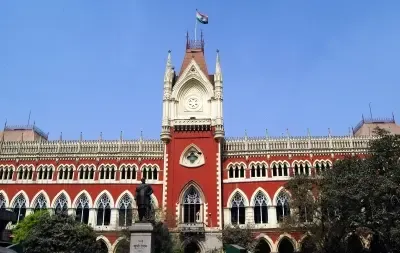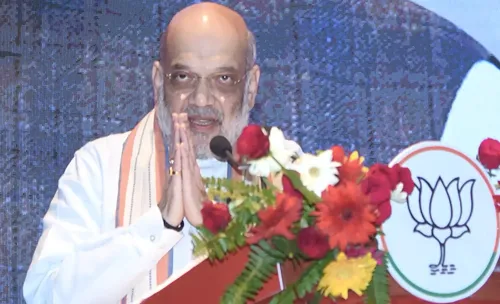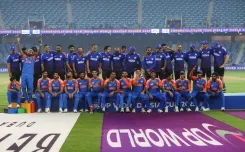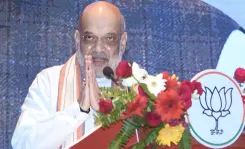Why Did the Calcutta HC Uphold the Exclusion of ‘Tainted’ Candidates from New Job Drive?

Synopsis
Key Takeaways
- Calcutta High Court validates exclusion of 'tainted' candidates.
- The ruling follows a Supreme Court order cancelling over 25,000 jobs.
- State government challenged the ruling but was ultimately denied.
- Upholding integrity in recruitment processes is crucial.
- Legal implications for future WBSSC selections are significant.
Kolkata, July 10 (NationPress) The Calcutta High Court confirmed on Thursday an earlier ruling by a Single-Judge Bench of the same court, mandating the exclusion of 'tainted' candidates from the new selection process initiated by the West Bengal School Service Commission (WBSSC). This move follows a Supreme Court decision in April, which annulled 25,753 jobs.
Earlier this week, Justice Saugata Bhattacharya from the Calcutta High Court’s Single-Judge Bench emphasized that those already marked as 'tainted' must not be included in the new selection.
He remarked that any applicant already categorized as 'tainted' who applied for the new recruitment should have their application rejected outright.
The state government and the WBSSC contested the Single-Judge Bench's directive to exclude identified 'tainted' candidates from the recruitment process before the Division Bench of Justice Soumen Sen and Justice Smita Das.
On Thursday, the Division Bench upheld the previous ruling, maintaining the exclusion of identified 'tainted' candidates.
This decision also dismissed the state government's argument that barring 'tainted' candidates from participating in the WBSSC's recruitment would constitute double jeopardy.
Senior advocate and CPI(M) Rajya Sabha member Bikash Ranjan Bhattacharya commented that the Division Bench's affirmation of the Single-Judge Bench's order thwarted the state government's attempts to benefit the identified 'tainted' candidates.
“This was inevitable. The Supreme Court's ruling in April clearly disqualified 'tainted' candidates from the new selection process, yet the state government attempted to include them,” Bhattacharya noted.









